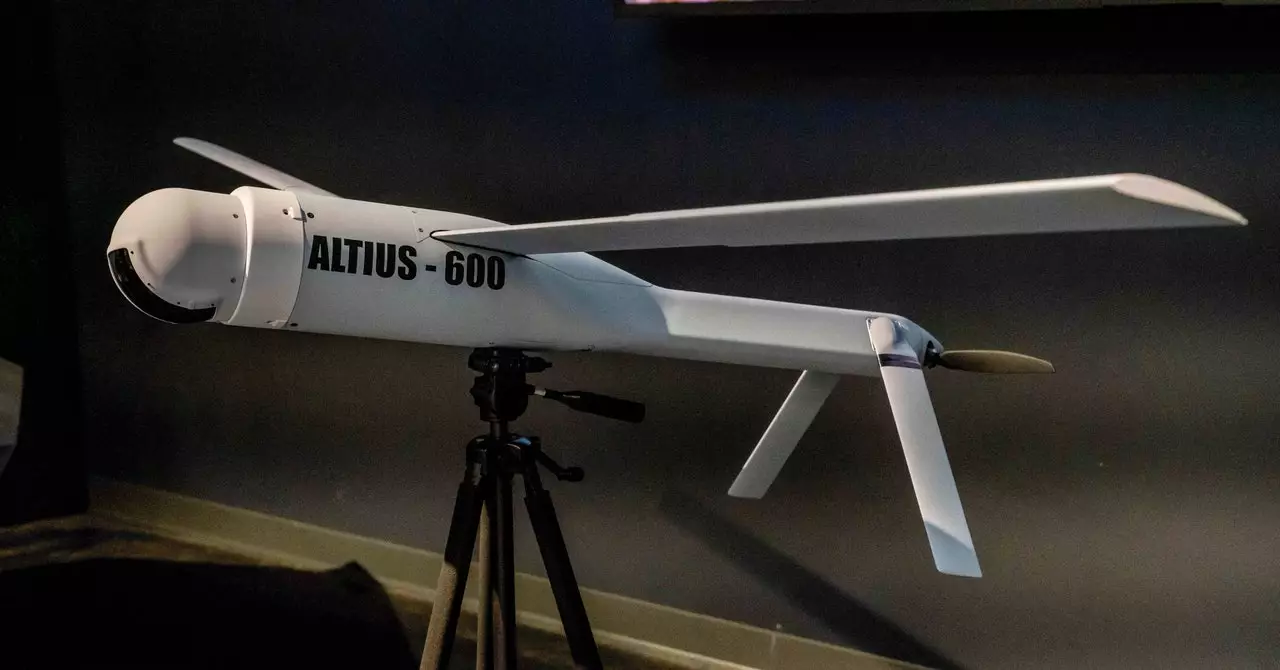The intersection of artificial intelligence and defense technology has become a focal point of discussion, particularly with OpenAI’s recent collaboration with Anduril. This partnership represents a significant shift not only in the approach of tech companies towards military applications but also in the ethical considerations surrounding the development and deployment of AI technologies in warfare. As these relationships deepen, they raise important questions about the implications for both societal values and the future of military operations.
Historically, many tech companies, especially those in Silicon Valley, have been wary of any association with the military. Voices within these organizations have advocated for ethical standards that often conflict with the imperatives of national defense. However, recent trends indicate a pivot toward a burgeoning alliance with defense sectors, as demonstrated by OpenAI’s commitment to develop AI applications for military use in partnership with Anduril. This illustrates a significant cultural shift within the tech industry, where the potential for financial gain and technological advancement increasingly outweighs past ethical reservations.
Statements from leaders such as OpenAI CEO Sam Altman illustrate this prevailing sentiment, where the narrative now focuses on enhancing security through advanced technology. Altman’s assertion that AI should benefit the greater populace while supporting democratic principles highlights a nuanced attempt to marry technological progress with moral responsibility. Nonetheless, there exists an inherent tension in this stance, particularly among stakeholders who question the implications of utilizing AI technology for military purposes.
OpenAI’s technology aims to provide military operators with enhanced decision-making capabilities in complex environments. According to Anduril CEO Brian Schimpf, leveraging AI can enable faster assessments of potential drone threats, which is crucial in high-pressure scenarios. The ability to process vast amounts of data quickly can indeed offer a strategic advantage. However, this raises profound ethical concerns regarding automation in military settings. With AI systems processing and interpreting data, the risk of dehumanizing decision-making becomes evident.
Moreover, while the integration of large language models into military applications offers a semblance of efficiency, it doesn’t primarily address the precariousness of decisions made in conflict zones. A former OpenAI employee noted that these AI capabilities, while promising, may introduce uncertainties that could lead to unintended consequences in operational settings. There’s a disturbing irony in the use of technology meant to safeguard lives potentially leading to increased risks for both military personnel and civilians.
The Unresolved Ethical Debate
The divergence of opinions on the militarization of AI is profound. While OpenAI has previously adjusted its policies to engage with military applications, there remains a faction within the workforce and the broader tech community that staunchly opposes such alignments. The lack of visible protests, as observed in Google’s experience with Project Maven, does not negate the discomfort felt by many regarding the direction of AI development. This dichotomy between commercial aspirations and ethical considerations indicates a critical gap that requires addressing.
There is also the question of transparency. As noted, Anduril has historically engaged with open-source models for testing, but the shift to employing advanced AI systems without adequate safeguards raises significant alarms. The unpredictability of AI today underscores the potential risks in autonomous decision-making. The reluctance to adopt such capabilities more widely could stem from an acknowledgment of these complexities and the potential ramifications.
The partnership between OpenAI and Anduril signifies a transformative moment in the relationship between technology and defense. As we navigate an era where AI is increasingly integrated into military operations, society must grapple with the ethical challenges inherent in these developments. The future of warfare, influenced by AI, may offer some tactical advantages, but the price could be the very democratic values that proponents like Altman profess to uphold. As major technology firms redefine their roles, the collective responsibility towards maintaining ethical standards in AI development must remain a priority, ensuring that innovations serve humanity rather than compromise it.

